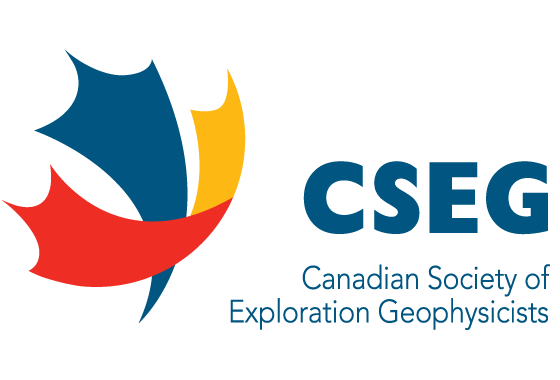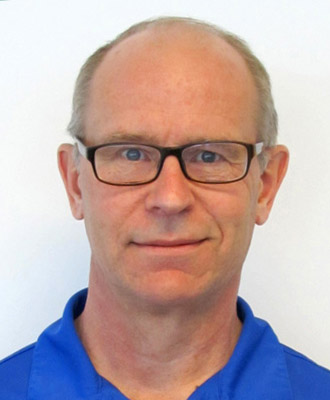Abstract
Famously, United States Secretary of Defense Donald Rumsfeld in February 2002 made the following statement in response to the lack of evidence linking the government of Iraq with weapons of mass destruction: “…as we know, there are known knowns; there are things that we know that we know. We also know there are known unknowns; that is to say we know there are some things we do not know. But there are also unknown unknowns, the ones we don’t know we don’t know.” We geophysicists and geologists are generally not eager to compare ourselves with politicians. We are, after all, scientists who come to an understanding of nature from evidence of what is true rather from what we want to be true. But in this case Rumsfeld’s efforts to infer definite conclusions about the existence of weapons of mass destruction from a mass of evidence that was largely inaccurate, insufficient and inconsistent shares an uncanny similarity to the job that geophysicists do when processing and interpreting seismic exploration data, especially in land scenarios where seismograms typically contain more noise than signal. In both the political and geophysical situations, definite conclusions need to be made despite the lack of hard and fast evidence. Furthermore, in both cases the lack of definitive evidence is no reason for not clinging strongly to belief in the truth of the conclusions.
Land seismic exploration can be a frustratingly inaccurate science. The seismic data is acquired with sources and receivers on the surface of the earth so the irregular, inhomogeneous, unconsolidated near-surface layers distort the wavefields going down from the sources as well as the reflected wavefields coming up to the receivers. The near-surface of the earth has a serious blurring effect on the image of the targets at depth that we really want to resolve clearly. This we know. This is a known known.
The seismic processor’s job is to remove the unknown effects of statics, scaling and waveform distortions from the millions of seismograms that typically comprise each seismic dataset. Decades-old surface-consistent methods allow the processor to turn these unknowns into knowns.
However, the assumptions built into these methods are highly simplistic and in a strict sense are known to be false. As scientists, we need to be skeptical about our results in order not to fall into traps of irrational thinking. For example, we should not conclude that a surface-consistent solution is correct just because it makes the data look better. There are many ways to make the data look better for the wrong reasons. So instead of being proud of our accomplishments, perhaps we are better off being skeptical that our accomplishments are as great as we think they are. There can always be unknown unknowns.
There is a fourth category that Rumsfeld did not mention: unknown knowns. We all have biases against evidence that comes in conflict with our previously held beliefs. This is a natural tendency that protects us from the charlatans out there who try to sell us falsehoods. How, for example, can we possibly get more frequency bandwidth out of the earth than what we put in? Too much skepticism, however, can also trap us in our own falsehoods: sometimes we think we know but actually we don’t know. Using examples from land exploration seismology I will attempt to explain how simple concepts can provide surprising challenges to how we think and test our integrity as scientists. The concepts are general enough to be of interest to any geoscientist, regardless of her background.
Biography
Peter Cary has B.Sc. and M.Sc. degrees in physics, a B.A. degree in philosophy from the University of Toronto, and a Ph.D. in geophysics (1987) from Cambridge University, England. He worked for Chevron both in Calgary and in La Habra, California from 1982 to 1984 and was Manager of Geophysical Research with Pulsonic Geophysical Ltd. from 1988 to 1996 and Chief Geophysicist with Sensor Geophysical Ltd. 1996 to 2011. He is presently Chief Geophysicist, Processing with Arcis Seismic Solutions, TGS. He has presented and published many papers on seismic processing, and served as technical program chairman of the SEG 2000 Annual Meeting and of the 1993 CSEG Annual Meeting. He served as CSEG president in 2004-05 and was 2nd V.P. of the CSEG in 1996-97. He was an associate editor (seismic processing) of Geophysics from 1998-2001, and is presently on the Editorial Board of the Journal of Seismic Exploration. One of his specialties is processing and writing software for multicomponent seismic data.
2014 / 2015 CDL Tour Tentative Schedule (to be updated)
| Date | Universities or Institutions Included | City |
|---|---|---|
| November 17 | University of New Brunswick, 1:30pm | Fredericton, NB |
| November 18 | St Francis Xavier University, lunchtime | Antigonish, NS |
| November 19 | Acadia University, 12:30pm | Wolfville, NS |
| November 20 | Dalhousie University, 11:30am - 1:00pm, Milligan Room | Halifax, NS |
| November 21 | Memorial University, Either 1 or 2pm | St. John’s, NF |
| December 16 | Houston West, 11:00am | Houston, TX |
| December 16-17 | West Houston + Woodlands + Downtown | Houston, TX |
| January 23 | University of Saskatchewan, 4:00pm | Saskatoon, SK |
| February 2 | Pacific Geoscience Centre, 11:00am | Sydney, BC |
| February 3 | U Vic, 3:00pm | Victoria, BC |
| February 4 | Vancouver Island University, 11:30am | Nanaimo, BC |
| February 5 | UBC, 4pm | Vancouver, BC |
| February 12 | University of Alberta, Edmonton, 3:00pm | Edmonton, AB |
| February 23 | MRU | Calgary, AB |
| March 4 | U of Regina, 4:00pm | Regina, SK |
| March 5 | U of Manitoba, 1:00pm | Winnipeg, MB |
| March 6 | Lakehead U, 10:30am | Thunder Bay, ON |
| March 9 | UQAM, 3:00pm | Montreal, PQ |
| March 10 | U of Toronto, KEGS, 4:30pm | Toronto, ON |
| March 11 | U of Waterloo, 11:00am | Kingston, ON |
| March 12 | U of Ottawa, GSC, Carleton U, 11:30am | Ottawa, ON |
| March 13 | Western U, 3:30pm | London, ON |
| March 19 | Queens U, 11:30am | Kingston, ON |
| March 20 | Laurentian U, 11:30am | Sudbury ON |
| March 27 | FATS talk, U of C, 2:00pm | Calgary AB |
| March 30 | CSEG Technical Luncheon, 11:30am | Calgary AB |
| April 9 | GSA, 11:30am | Anchorage, Alaska |





